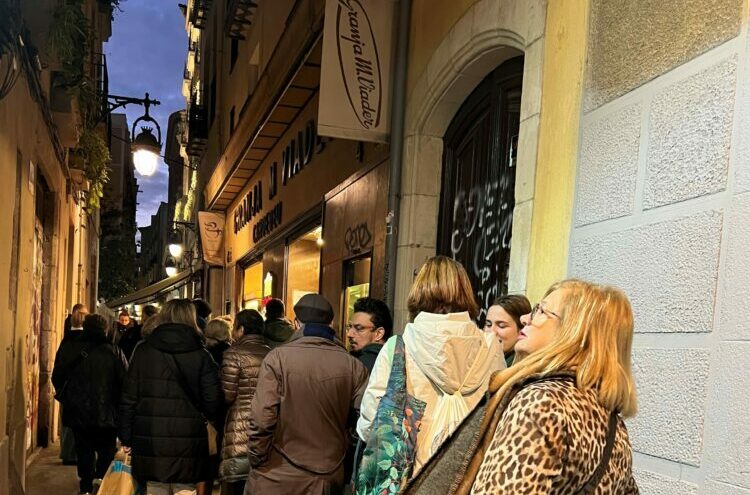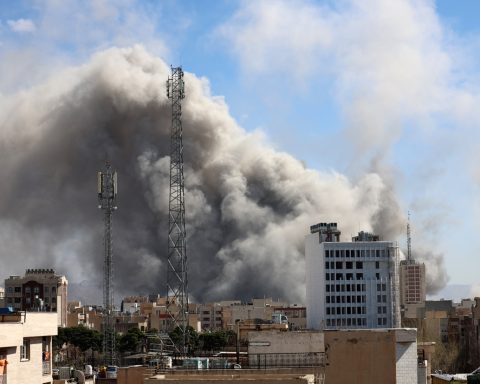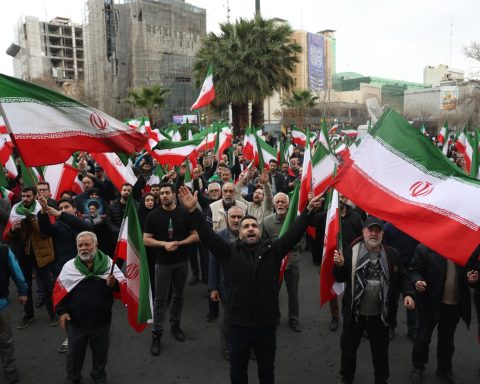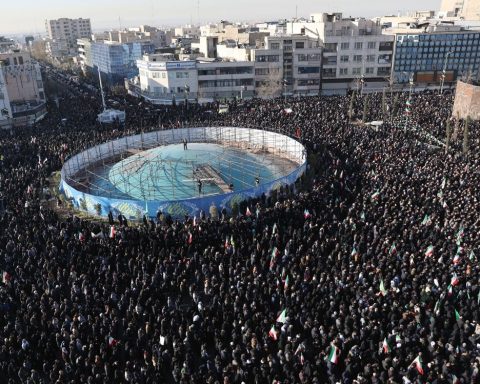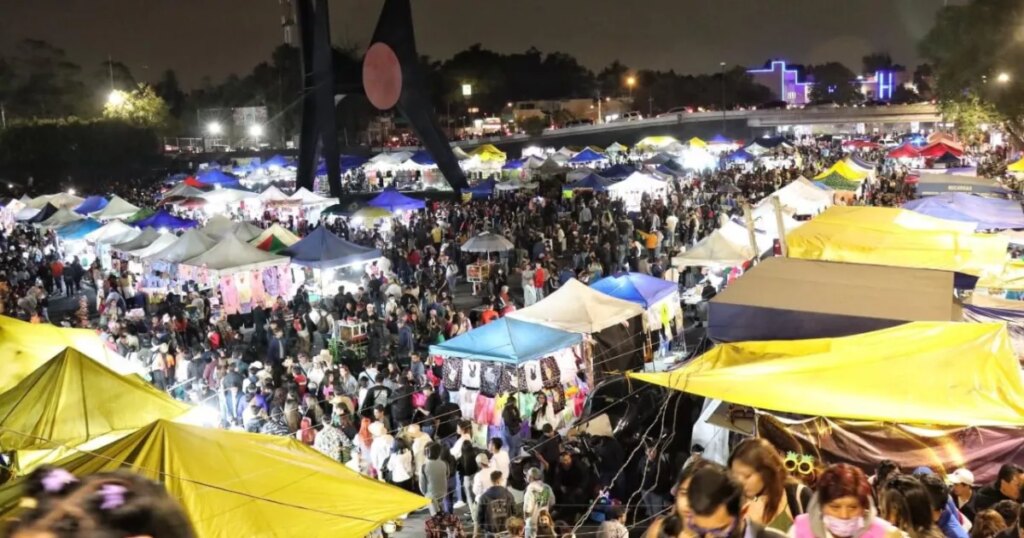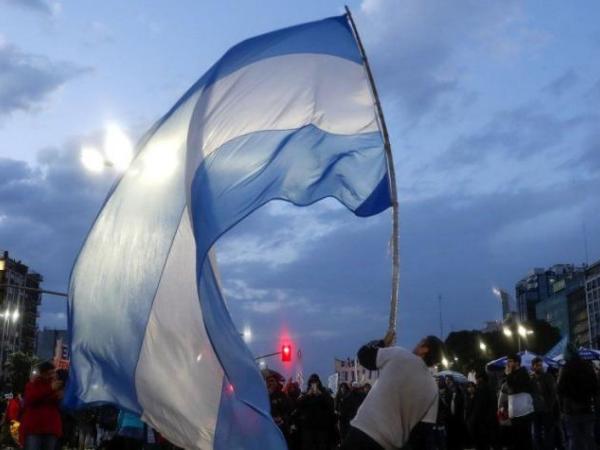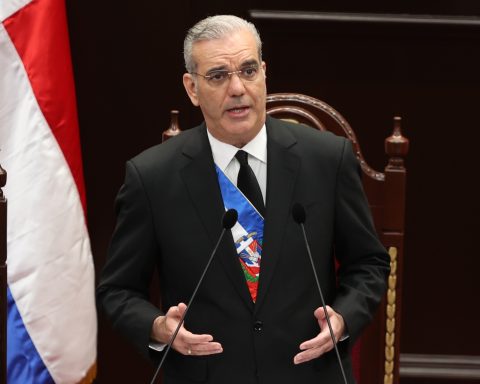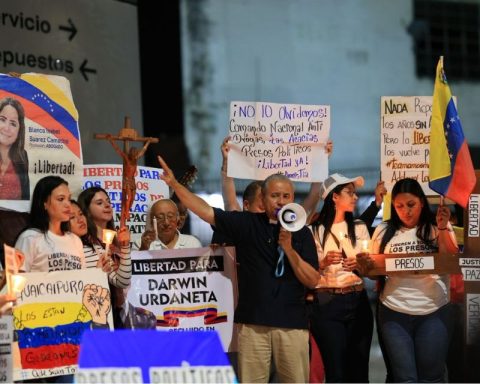MIAMI, United States.- My burrito and I is a traditional food restaurant very close to the hotel where we were staying in the so-called Gothic Quarter of Barcelona.
In this case, the portions were quite generous and the place very cosy. In the middle of the gastronomic ceremonial I hear a familiar accent that apparently comes from the kitchen.
Undoubtedly it was the Creole linguistic emphasis, of someone who lectured on the Soccer World Cupl with the knowledge of a specialist in the field.
I ask the waiter if there was a Cuban among the restaurant staff and he says yes. When he returns to continue serving delicious dishes, he tells us that the compatriot had inquired about our possible Miami origin. We let him know that we were free Cubans enjoying a well-deserved vacation.
When we finished our dinner we thanked the hostess for the excellent service and good food, as well as asking her to say hello to the Cuban employee of the restaurant on our behalf and she did not let us leave without meeting him.
That’s how Emerio, a big and good-natured young man from Cienfuegos, came out of the kitchen, where he works as chef, to greet us.
He told us that he was a very happy man, in that hospitable city with his family, where he had arrived a few years ago, full of hopes and expectations that had been fulfilled.
He was also saddened by the country left behind, where his parents remain, who have decided not to leave the “Pearl of the South.” Emerio has set out, however, to facilitate the departure of other young relatives so that they can carve out the future they deserve.
Barcelona is an essentially vital city, without rest, as Havana must once have manifested itself. According to what a tour guide told us, the rebirth occurred thirty years ago, during the 1992 Olympics, when the industries were moved out of the city and the coastal urbanization was also reorganized for the benefit of the population.
The 1991 Pan American Games in Havana come to mind and its well-known trail of ruins after so much constructive effort, a hallmark that distinguishes left-wing dictatorships, incapable of producing and making social and economic goods last.
As curious visitors we didn’t really suffer from the Catalan independence roll and the two languages that are spoken interchangeably, in perpetual competition, but it caught my attention that the flags that symbolize the separatist desire were inspired by the stripes and the lone Cuban star and Puerto Rican, respectively, although with more expressive colors.
Through narrow medieval streets, with unexpected turns, shops of all kinds are open, from morning until late at night, although those who sell food have the upper hand.
Alejo Carpentier comes to mind in a documentary that the ICAIC dedicated to him early on, where he praises the system of wineries and restaurants in Havana, created in many cases by Iberian immigrants, without noticing, in his scholarly conversation, that Castroism was already dismantling those merciless gastronomic businesses.
It may happen that in several blocks around, different establishments where the delicious hot chocolate with churros are offered compete but, paradoxically, in one there is a queue —perhaps the only one I saw in Barcelona—, because they have gained a clientele that seeks and enjoy quality, for over 100 years.
On this unwavering competition and culinary tasting, where people of the most diverse ages participate, from children to the elderly, rests the prodigy of well-being and prosperity, which does not flourish where there is hunger and scarcity.
In my next column I will refer to the cultural charms of Barcelona and its surroundings.
OPINION ARTICLE
The opinions expressed in this article are the sole responsibility of the person who issues them and do not necessarily represent the opinion of CubaNet.
Receive information from CubaNet on your cell phone through WhatsApp. Send us a message with the word “CUBA” on the phone +525545038831, You can also subscribe to our electronic newsletter by giving click here.
